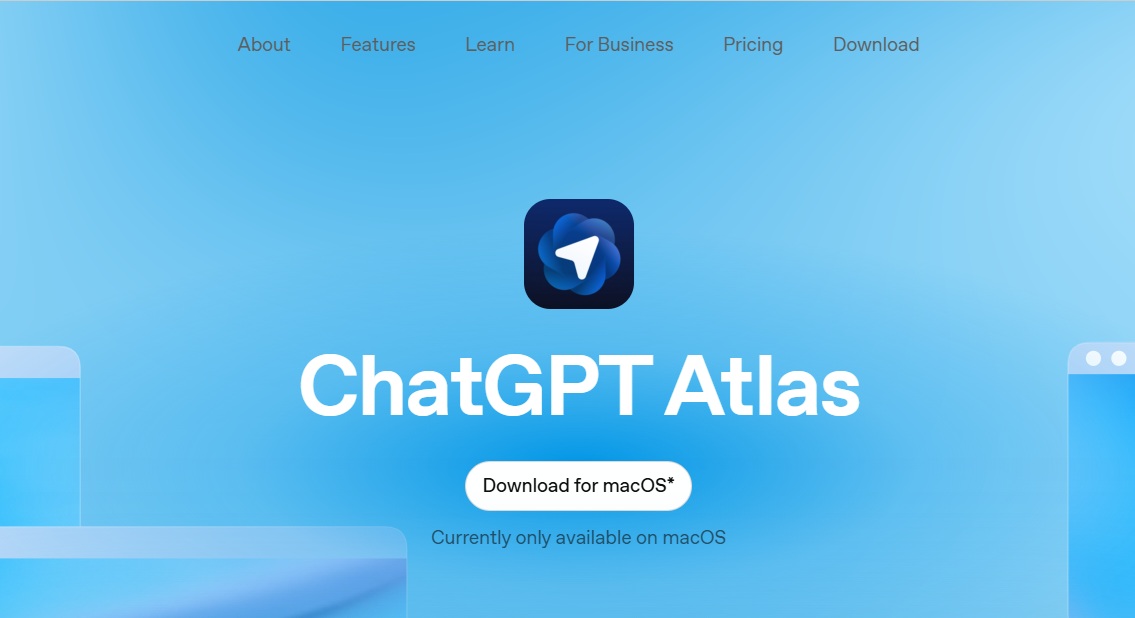OpenAI, the creator of ChatGPT, has unveiled a new artificial intelligence-powered web browser called Atlas to challenge Google Chrome.
Atlas, available now on Apple’s MacOS, removes the traditional address bar. Instead, it is “built around ChatGPT,” according to OpenAI chief Sam Altman. The browser aims to create a more conversational and intuitive browsing experience.
The launch comes as OpenAI looks for new ways to monetise its fast-growing AI technology and user base. A paid “agent mode” within Atlas will allow ChatGPT to search the web automatically on behalf of users. This advanced mode will be limited to paying subscribers.
OpenAI is expanding its digital ecosystem by partnering with companies like Etsy, Shopify, Expedia, and Booking.com, linking browsing with e-commerce and travel services.
At OpenAI’s DevDay event earlier this month, Mr Altman revealed that ChatGPT now has 800 million weekly active users, doubling from 400 million in February, according to Demandsage.
Industry experts remain cautious. Analyst Pat Moorhead of Moor Insights & Strategy said early adopters would likely “kick the tyres” on Atlas but doubted it would overtake Chrome or Microsoft Edge soon. Edge, he noted, already offers many similar AI features.
OpenAI’s move comes a year after Google was declared an illegal monopolist in online search. However, the company avoided having to separate its Chrome browser.
As artificial intelligence reshapes online habits, more users are turning to language models for answers. Datos research found nearly 6% of desktop searches now go through AI systems—double last year’s figure.


